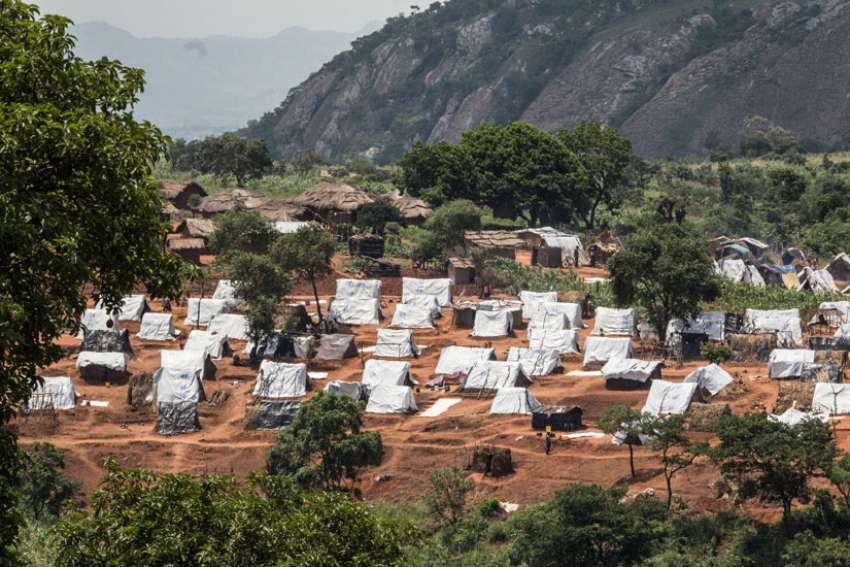Efforts to help refugees who are targeted in attempts to harvest organs are hampered due to cultural fears of confronting those who engage in such practices, said Scalabrinian Sister Marines Biasibetti, secretary general of the Commission for Migrants, Refugees and Displaced Persons of the Mozambique bishops' conference.
"Even in the church, religious men and women, priests and local bishops do not speak about it out of fear of what may happen to them," Sister Biasibetti told Catholic News Service.
Sister Biasibetti, who hails from Brazil and has worked in Mozambique for more than two years, attended a conference at the Vatican Oct. 26-27 sponsored by the Santa Marta Group, an initiative supported by Pope Francis to help the victims of human trafficking.
While the problem of human and organ trafficking has existed for many years in Mozambique, the Scalabrinian sister said, it is only "now through the church that we are beginning to speak about this issue."
"This problem has always existed but now it is being discussed, especially regarding the trafficking of organs because it is related to magic and cultural beliefs. People are very afraid to speak on the issue: both victims and the general public," she said.
Mozambique's worsening socio-political situation, she explained, is driving people toward healers who practice witchcraft; they believe the healers not only can restore people to health, but they can help people get basic necessities or even "riches and easy money."
"The sorcerer performs his rituals and tells them that in order to have better living conditions or to obtain what he or she is asking for, he will ask him or her to bring a person's head, hand or tongue. And if people believe this, they will go, kill someone and that's the end of it," Sister Biasibetti told CNS.
The unfortunate victims of these attacks, she added, are often migrants coming in from South Africa who are regarded as a "disfavored class."
Those involved in sorcery and witchcraft are also very well organized and leave little evidence for investigators to follow, she said.
"Ninety-five percent of the organs trafficked are for sorcerers and healers due to cultural beliefs that are still very much ingrained in the people," Sister Biasibetti told CNS.
While local and government authorities have been hesitant or shown little interest in tackling the problem, Sister Biasibetti said her office is trying to educate people and prevent organ trafficking.
The trafficking and commercialization of organs and body parts "is a sad, unfortunate phenomenon that continues to grow in Mozambique," she said, but cooperation between religious and local authorities can help save lives and souls.
"We will promote human rights and, above all, the value of life through our witness and evangelization in order to be a sign of solidarity and love," Sister Biasibetti said.


